ICCT: incremental technology can cut vehicle CO2 by half and increase fuel economy >60% through 2030 with ~5% increase in price
Green Car Congress
MARCH 22, 2017
Starting from a baseline 26 mpg (9.04 l/100 km) in 2016, the The ICCT team assessed increased consumer label fuel economy (as opposed to the regulatory test fuel economy) to 35 mpg (6.71 l/100 km) in 2025 and to 42–46 mpg (5.6-5.11 l/100 km) (under three scenarios) by 2030. Source: ICCT.









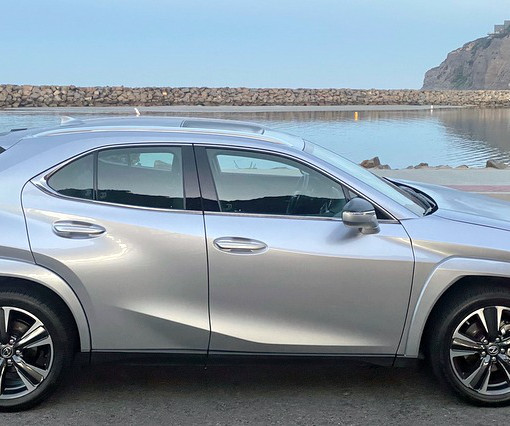
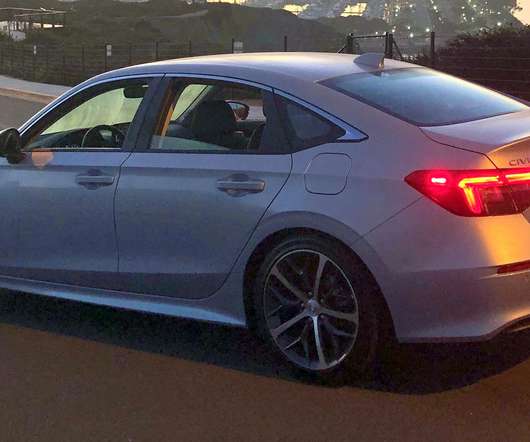
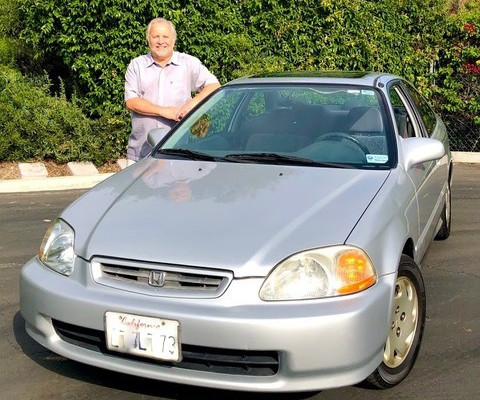


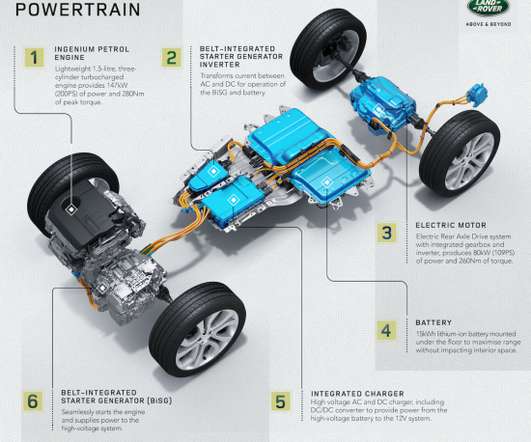




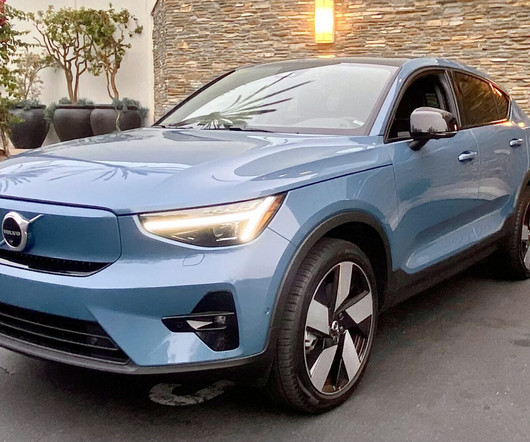



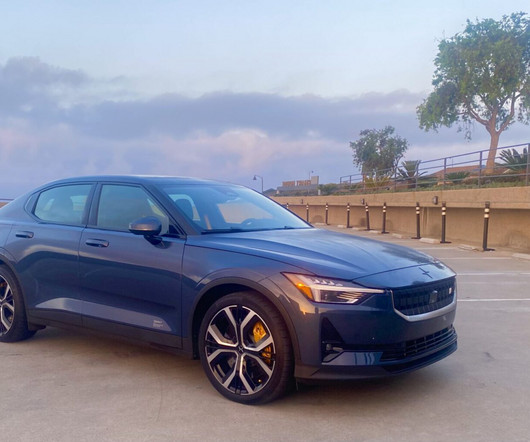










Let's personalize your content